May 27, 2020
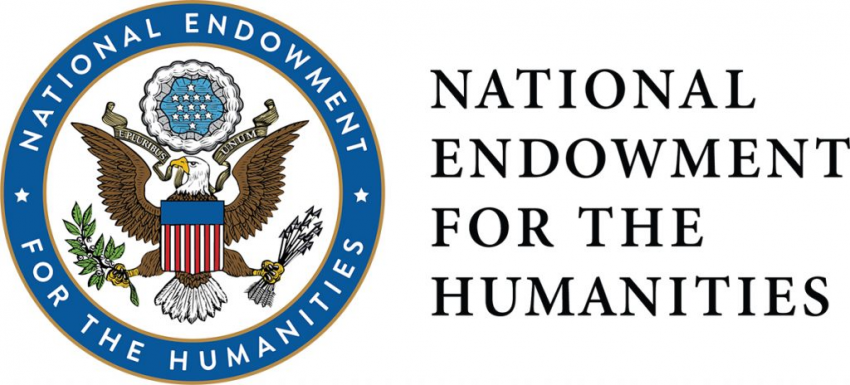
Funding provided by the National Endowment for the Humanities.
National Endowment for the Humanities: Created in 1965 as an independent federal agency, the National Endowment for the Humanities supports research and learning in history, literature, philosophy, and other areas of the humanities by funding selected, peer-reviewed proposals from around the nation. Additional information about the National Endowment for the Humanities and its grant programs is available at neh.gov.
In October 2019, the Archaeological Institute of America (AIA) and the National Endowment of Humanities (NEH) announced a brand-new AIA-managed competitive grant program to support archaeological research around the world. In addition to traditional fieldwork, the AIA-NEH Grants for Archaeological Research also support post-fieldwork studies that are essential but often unfunded. We are excited to announce the winners of the first round of AIA-NEH Grants.
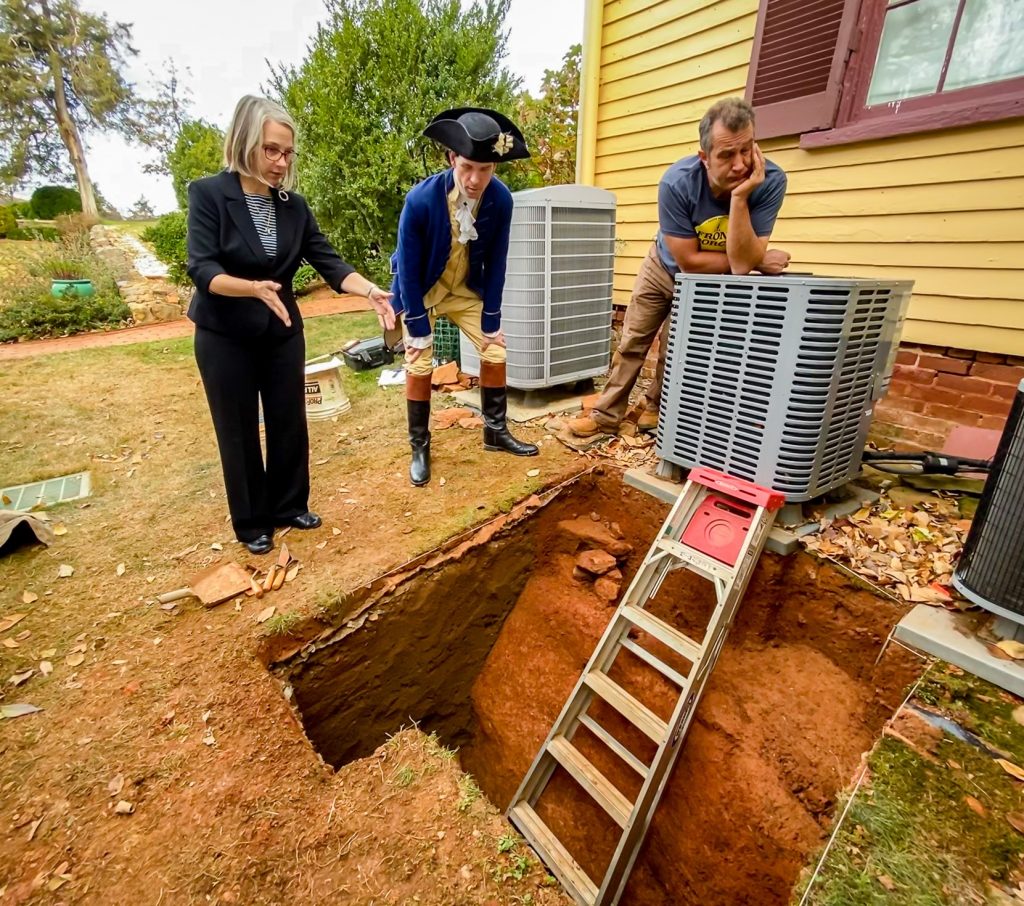
Sara Bon-Harper, Executive Director at James Monroe’s Highland in Charlottesville, VA and Research Professor of Anthropology at William & Mary, was awarded $24,000 to continue archaeological exploration of Monroe’s main house. The house that dates to 1799 was discovered in 2016. The project includes plans to engage the public in the process of discovery and interpretation.
Stephen A. Collins-Elliott, Assistant Professor in Classics at the University of Tennessee in Knoxville, TN, was awarded $30,000 for a joint Moroccan-American (INSAP-University of Tennessee) multi-year archaeological collaboration that will shed light on the rural economy that supported the ancient city of Lixus (near Larache, Morocco). Lixus is one of the oldest cities in northwestern Africa, and in classical mythology, one of the purported locations of the Gardens of the Hesperides.
Bryan K. Hanks, Associate Professor in Anthropology at the University of Pittsburgh in Pittsburgh, PA, was awarded $35,000 to support a research effort at the village site of Grivac in the Sumadija region, central Serbia, that examines the fundamental shifts in social organization and landscape use associated with Neolithic village societies known as the Vinča culture (5300-4600 BCE) in Southeastern Europe.
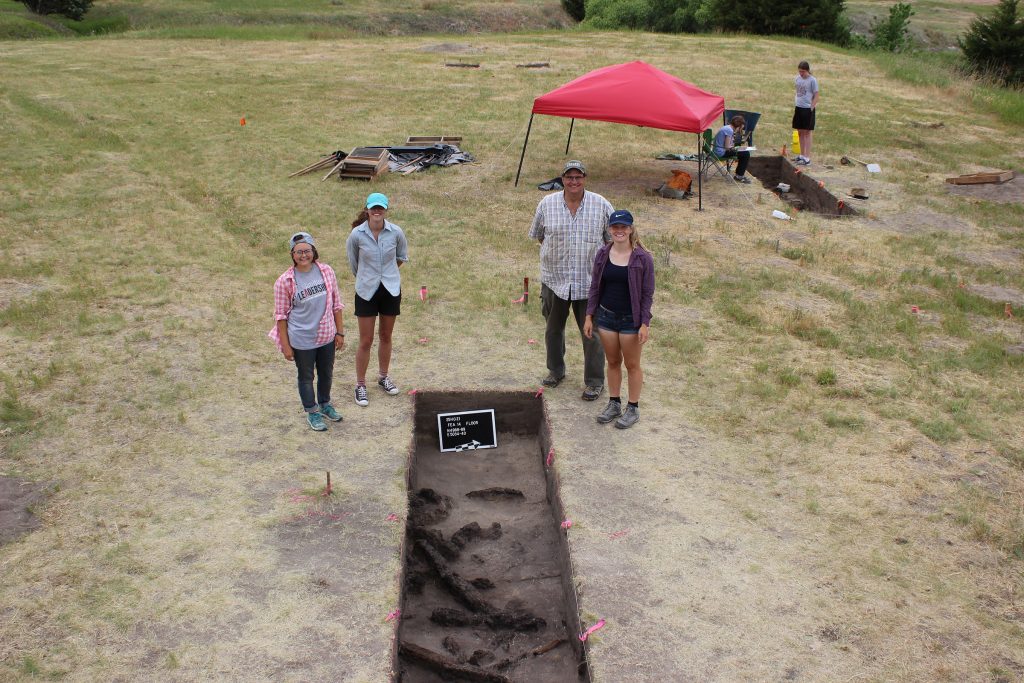
Matthew E. Hill, Associate Professor of Anthropology at the University of Iowa in Iowa City, IA, was awarded $14,991 to examine the 17th century movement of Puebloan people from northern New Mexico to the Central Great Plains to understand the fuller ramifications of European colonization. The research will help to expand on the idea that the Spanish Empire changed the lives of indigenous people far beyond the northernmost outposts of New Spain.
Julie A. Hoggarth, Assistant Professor of Anthropology at Baylor University in Waco, TX, was awarded $15,000 to study the major sociopolitical transformations that altered the geopolitical landscape of the Maya lowlands at the end of the Classic period (AD 750-900) as exemplified at the newly discovered Maya site of Ek Tzul in Belize.
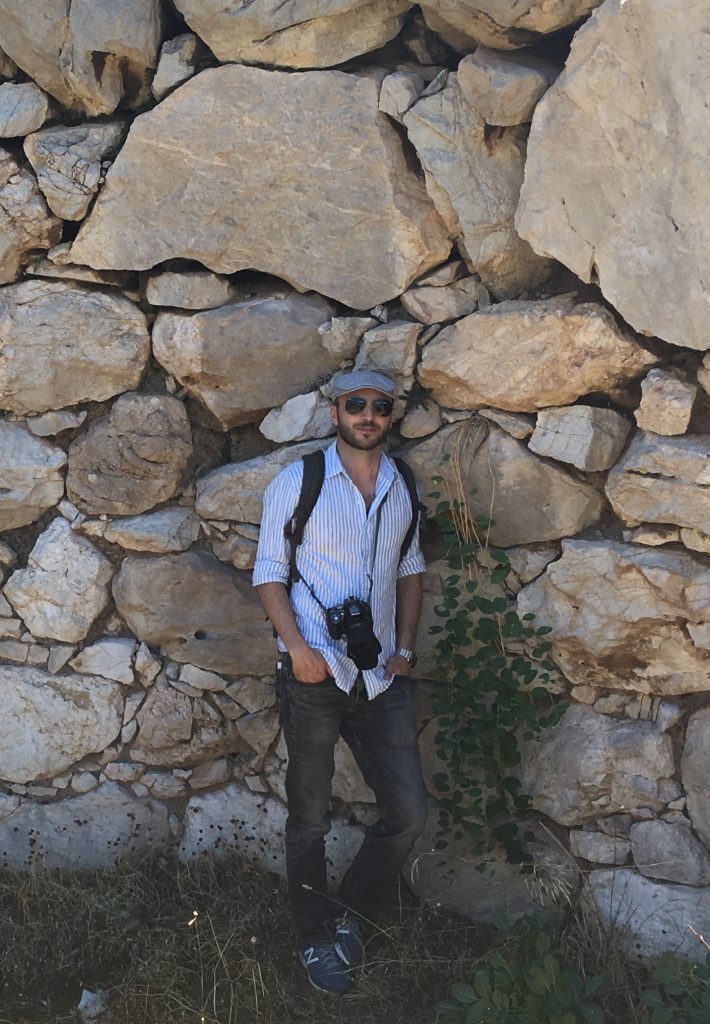
Alex R. Knodell, Assistant Professor in Classics at Carleton College in Northfield, MN, was awarded $34,000 for the Small Cycladic Islands Project (SCIP), a multidisciplinary archaeological survey led by the Ephorate of Antiquities of the Cyclades, the Norwegian Institute at Athens, and Carleton College that will explore the smallest of the Aegean islands. These currently uninhabited islets in the Cycladic archipelago were stepping stones in the initial colonization of the Aegean basin.
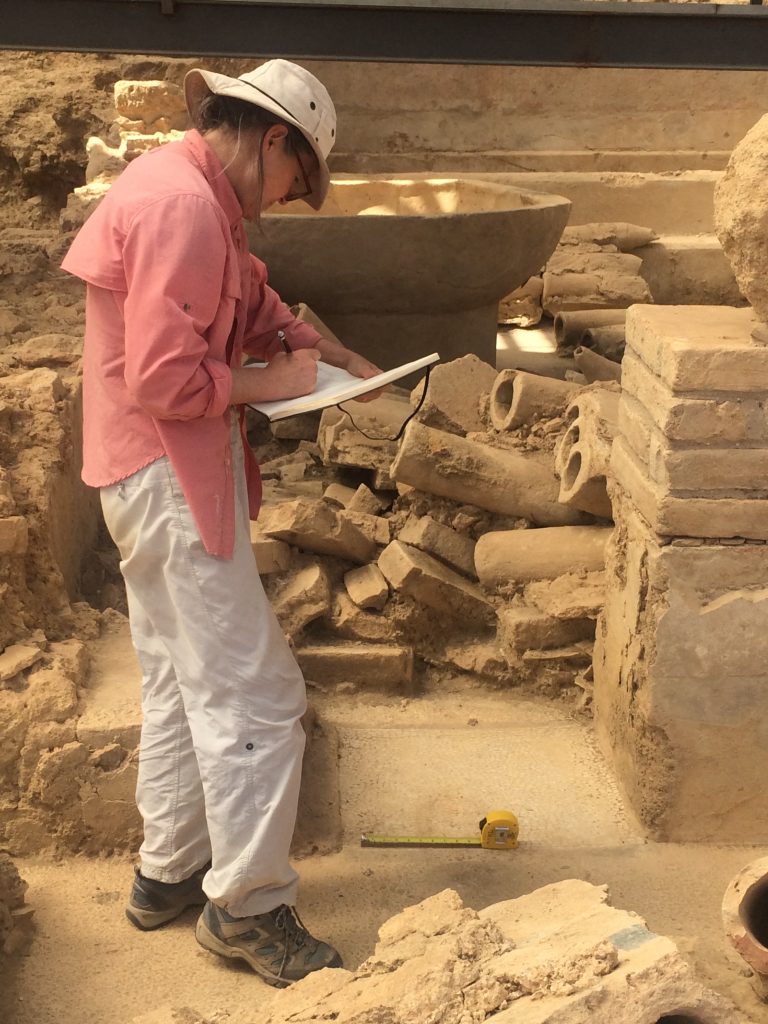
Sandra K. Lucore, Director of the Morgantina Baths Project was awarded $15,000 to complete studies of the baths at Morgantina in Sicily, Italy. Morgantina’s North and South Baths are the most complete extant examples of Greek thermal architecture from the third century BCE and allow researchers to reconstruct the unprecedented and innovative architecture that transformed traditional individual baths in simple facilities into the more expansive and leisurely practice of bathing in communal heated pools within elaborately decorated spaces.
Holly Pittman, Bok Family Professor in the Humanities in History of Art at the University of Pennsylvania in Philadelphia, PA, was awarded $30,000 for excavations at the archaeological site of Tell al-Hiba, ancient Lagash, in Dhi Qar Governorate, southern Iraq. The Lagash Archaeological Project focuses on the intra-city dynamics of early urbanism, the relationship between wetlands and early cities, and the local history of the region during the Early and Middle Bronze Age.
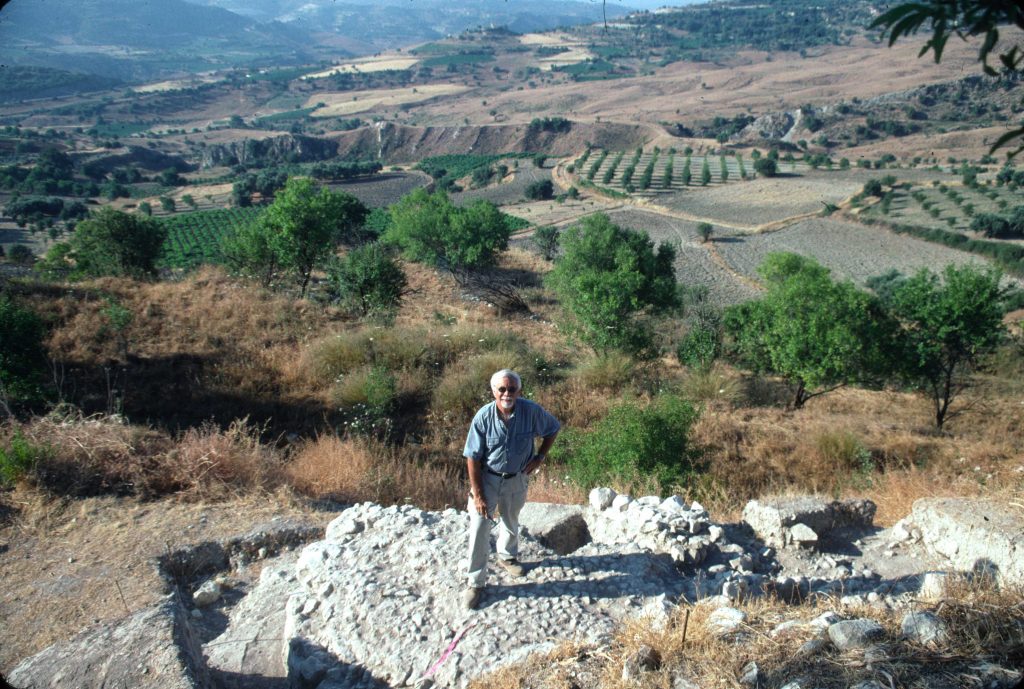
Alan H. Simmons, Distinguished Professor Emeritus of Anthropology at UNLV was awarded $14,950 to study Ais Giorkis in Cyprus. Mediterranean islands, like Cyprus, were considered peripheral to the Neolithic Revolution that occurred in the Near East around 11,500 years ago. New research is challenging that idea and the diverse activity at Ais Giorkis will further elucidate human transition from hunting and gathering to food production.
Robert H. Tykot, Professor of Anthropology at the University of South Florida in Tampa, FL, was awarded $15,000 to study an assemblage of the remains of 112 individuals excavated from 20 sites that include the Neolithic and Copper Age periods in the Central Po Valley in Italy. Isotope analysis of human bone and tooth roots will help researchers reconstruct the diets and mobility of the earliest food-producing societies of the region and may illuminate their origins.
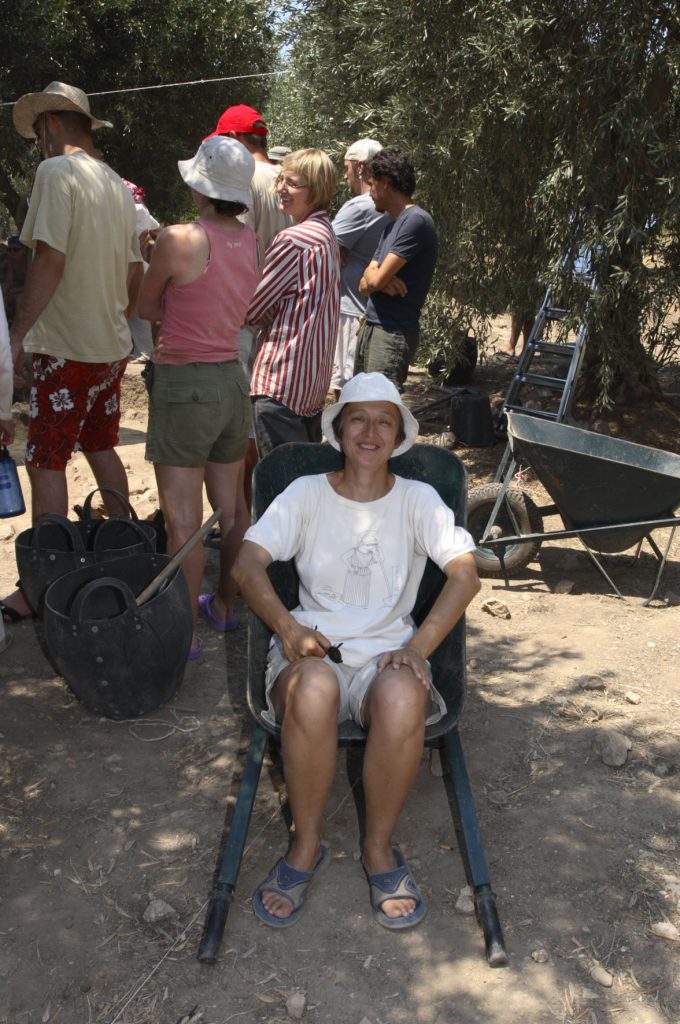
Aleydis Van de Moortel, Professor of Classics at the University of Tennessee in Knoxville, TN, was awarded $15,000 for the Mitrou Archaeological Project, a collaboration of the University of Tennessee and the Greek Archaeological Service, carried out under the auspices of the American School of Classical Studies at Athens. Mitrou, a Neolithic, Bronze Age, and Early Iron Age settlement with an unusually long stratigraphic sequence, allows researchers to study the demise of the Corridor House civilization as well as the rise and decline of Mycenaean palatial society at a single site in central Greece for the first time.
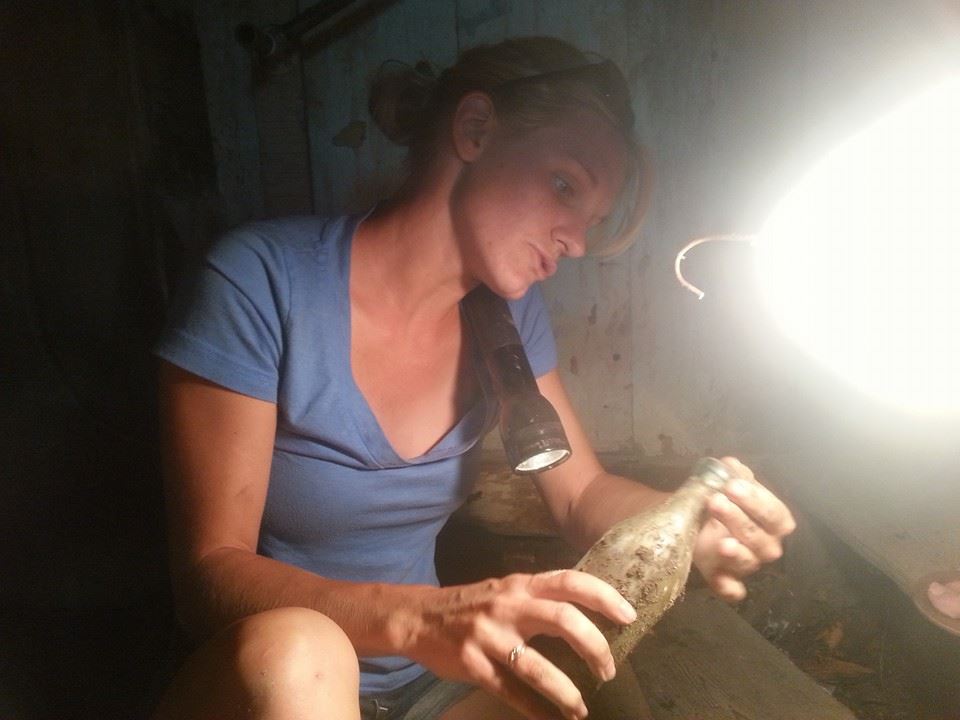
V. Camille Westmont, Visiting Professor of History at The University of the South in Sewanee, TN, was awarded $7,000 to conduct archival research related to the experiences of working class immigrant families who lived in the coal mining company town of Eckley, Pennsylvania, between 1895 and 1940. The project will enhance archaeological information gathered through systematic excavations between 2015 and 2019.
The inaugural program of the AIA-NEH Grants for Archaeological Research successfully identified and rewarded excellent applications for exciting and impactful archaeological research. We received 96 applications for research around the world and made 12 awards. The AIA-NEH supported projects range from excavations and surveys to analyses of a variety of materials, from diverse theoretical perspectives and methodological practices. We expect the next cycle to generate an even larger and more diverse pool of applications. The AIA is particularly enthusiastic about being able to use the AIA-NEH grant program to fill a glaring gap in funding for post-fieldwork analysis leading to publication. Congratulations to all our grant winners.
*Any views, findings, conclusions, or recommendations expressed by the grant recipients, do not necessarily represent those of the National Endowment for the Humanities.
Notifications